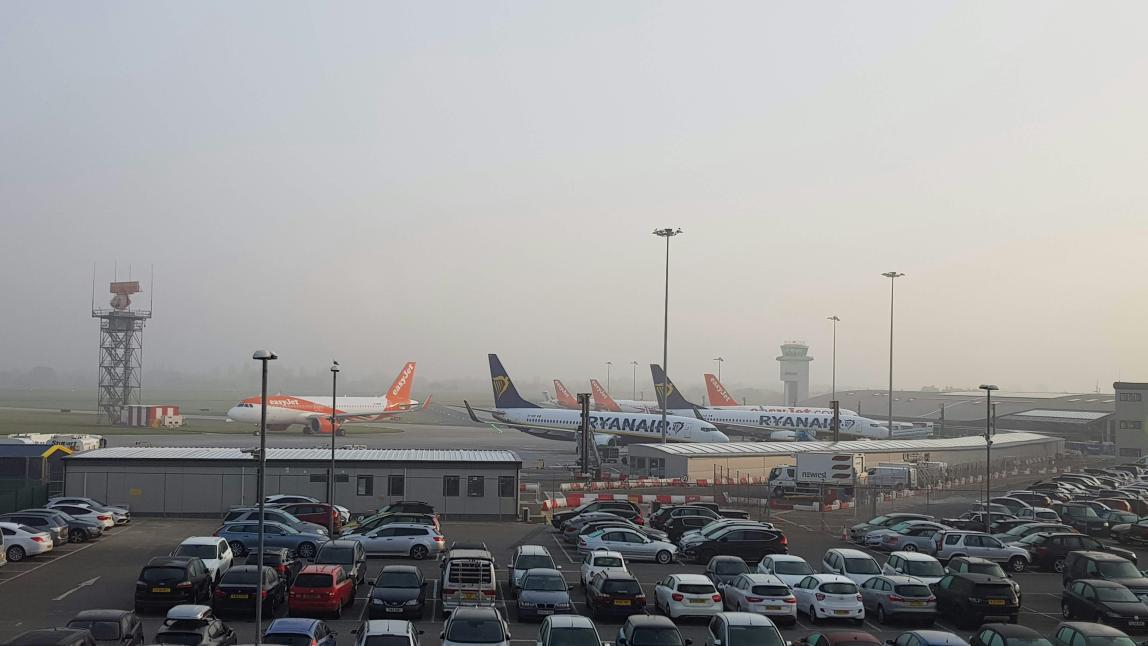
Transitioning tourism mobility
11/11/2025 - 15:25
The tourism industry has long been a driver of economic growth and cultural exchange. However, it is also one of the fastest-growing contributors to global carbon emissions. As the climate crisis reaches existential tipping points, the tourism sector continues to lag behind in its transition towards sustainability. Despite growing awareness, no country has successfully reduced its tourism-related emissions, raising urgent questions about how the industry can evolve while staying within planetary boundaries. Traditionally, sustainable tourism has been framed through a destination-focused lens, emphasising eco-friendly accommodation and local activities while largely ignoring the role of mobility. But the increasing travel distances and reliance on high-carbon transport - particularly aviation and private cars - are the real drivers of the sector’s growing emissions. While road and rail transport offer viable decarbonisation pathways, aviation remains one of the hardest sectors to transition to low-carbon alternatives. Long-haul travel has an outsized impact: just 20% of all tourism trips contribute to 80% of the sector’s emissions.
This raises critical questions about the future of tourism. If the sector is to become truly sustainable, there is a need to fundamentally rethink how and where people go while travelling on holidays.
This raises critical questions about the future of tourism. If the sector is to become truly sustainable, there is a need to fundamentally rethink how and where people go while travelling on holidays.